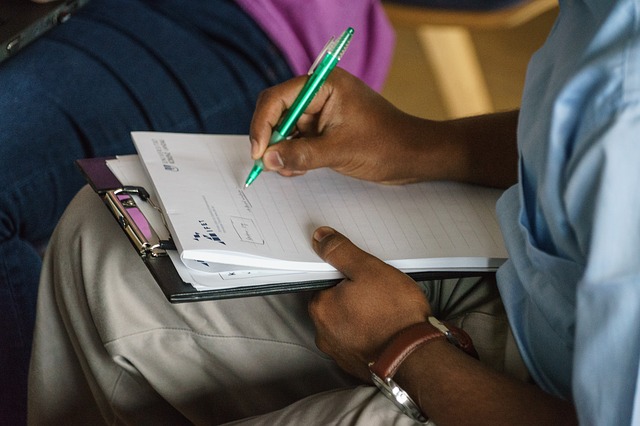Foreign women writers in English
A curious article in the Guardian recently highlighted the fact that few books from other countries make it into English and what is worse, according to the author of the article, even fewer are by women writers. This must change, we were told.
The author of the article, Katy Derbyshire, is herself a distinguished translator of contemporary German writers, including Inka Parei, Helene Hegemann and Christa Wolf. Ms Derbyshire’s article was prompted by news of the launch of the Man Booker International prize, which she described as “the most exciting thing to happen to literary translators since Asterix was resuscitated in 2005.” Even more exciting for translators such as Ms Derbyshire, the £50,000 prize money would be split between author and translator. This is a huge step forward, not only for the foreign writers themselves but for their often overlooked English translators who mostly toil in the shadows, rarely praised by the book reviewers.
So far, so good. Ms Derbyshire then voices her feminist concerns. Of the 13 titles in the longlist, only four were written by women. She reluctantly acknowledges not being “bowled over” by the fact that 8 out of the 14 translators were women. At least there is gender balance there then. She goes on to deplore the fact that translated novels by female writers are rarer than hen’s teeth. It might be thought that one of the reasons may be that there are insufficient female authors of talent.
Ms Derbyshire goes on to state that the gender balance among translators is roughly equal, so where’s the beef? There’s a sense of a hole being dug here, and maybe the digging should stop. She mentions the US Best Translated Book Award which has honoured 4 female writers in 8 years. The German Book prize has gone to 6 women and 5 men since 2005. 7 of the German winners will soon be available in English, 4 by men 3 by women. Does that count as roughly equal, like the 8 out of 14 female translators?
So what’s the answer to this alleged problem? No prizes for guessing that two new publishing houses, Les Fugitives and Calisi Press, have been set up exclusively to publish female writers. Another, Tilted Axis, hopes to uncover fresh talent from Asia, concentrating on women’s voices.
It all sounds like a call to establish a quota system and whether that is for seats in the boardroom or All-Women Shortlists, it will be surely counter-productive. The common perception is that the majority of fiction buyers are women: book clubs tend to be female dominated, so why aren’t these two groups demanding more books by foreign (women) writers? The publishing industry itself is said to have a more than adequate female representation so why cannot these powerfully placed women do more to correct this inequality if that is what it is?
Also, what is special about women writers? The great authors have something to say about the human condition and it matters not whether the author is male or female. Perhaps there simply isn’t the demand for books by women per se.
Almost simultaneously with this article another appeared by a novelist called Kamila Shamsie, who called for 2018 to be the year of women writers, when only female authors would be published. She felt that there was a gross inequality in the awarding of literary prizes and what would cure this would be the quota system.
The American (female) author Lionel Shriver, (We need to talk about Kevin, winner of the Bailey’s women’s prize for fiction) wasted no time in rubbishing this idea. “This whole thing of treating women specially, as if they need special help and special rules, is problematic and obviously backfires. But there is this problem of suggesting that we need help, that men have to leave the room and then we’re prizeworthy. The idea of only publishing women is the same thing.”
A rather better idea, instead of whingeing about middle class alleged inequality, might be to suggest that writers (and especially women writers) do more to address real inequalities and injustices in foreign countries? How about giving more support to oppressed and persecuted voices in Iran or Saudi Arabia or Bangladesh or Pakistan or many of the countries in sub-Saharan Africa?
Find out which languages we work with at Anglia Translations Ltd
Looking to reach new clients but can’t speak their language? Discover how we can help



